Judicial Legacy Revisited: High Court Directives on Visa Fraud Resurface Amid US Deportation Surge
Decades-old High Court mandates aimed at curbing visa fraud and regulating overseas recruitment have once again come into focus amid the recent surge in deportations of illegal immigrants from the United States to India. The Punjab and Haryana High Court first introduced these measures in April 2003 under Justice Amar Dutt’s directive, with subsequent orders over the next twenty years reinforcing the need for robust state intervention. Had these regulatory measures been strictly implemented, they might have lessened the desperation pushing many Indians toward dangerous, illegal migration channels.
On February 5, a US military aircraft carrying 104 Indian nationals touched down in Amritsar—a stark reminder of the Trump administration’s intensified efforts to clamp down on undocumented immigration. This development has prompted renewed debate on whether the longstanding judicial directives could have prevented many vulnerable individuals from resorting to perilous migration routes.
Justice Dutt’s original order directed the chief secretaries of Punjab and Haryana to take proactive steps to “avoid repetition of the Malta boat tragedy,” a disaster in which 283 young hopefuls lost their lives while attempting to migrate abroad. The directive urged officials to prioritize the interests of economically disadvantaged prospective non-resident Indians, rather than focusing solely on those who had already achieved success overseas. It further recommended that the authorities, in consultation with the Ministries of External Affairs and Labour, educate the public, regulate recruitment practices, and curb the exploitative profits of middlemen.
More recently, in December 2024, Justice Anoop Chitkara stressed the importance of “sensitizing the system” to safeguard the nation’s prestige and protect public reputation. He directed the Directors-General of Police in Punjab, Haryana, and Chandigarh to issue comprehensive instructions aimed at shielding genuine victims of visa fraud. Chitkara warned that if unchecked, fraudulent activities could revive organized criminal networks reminiscent of historical thugee.
These judicial directives echo earlier observations. In November 2022, Justice Ashok Kumar Verma highlighted how rampant cheating and fraud were enabling unscrupulous individuals to amass wealth overnight. Similarly, in June 2011, the court insisted that fake travel agents be dealt with severely, and as far back as August 2009, judicial inquiries questioned whether effective oversight mechanisms were in place to monitor such agents. Orders from Justice Rajan Gupta and Justice Lalit Batra further underscored the need for stringent state oversight to protect innocent citizens from exploitation.
Against the backdrop of strict US deportation measures, these decades-spanning High Court orders underscore the critical importance of establishing a safe, regulated overseas recruitment ecosystem that can prevent the vulnerabilities leading to illegal migration.

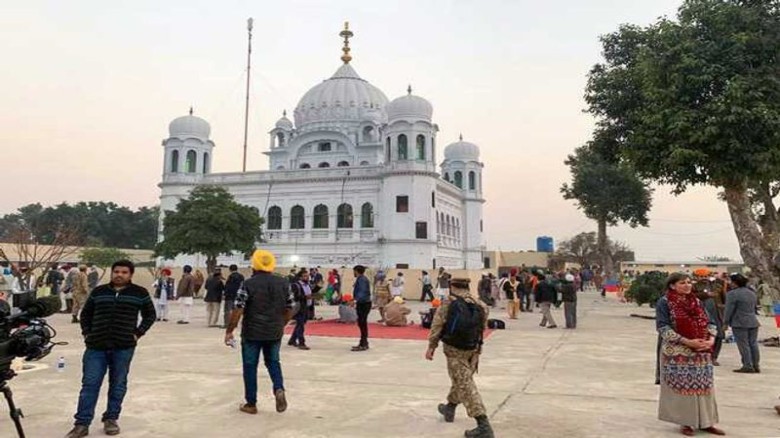
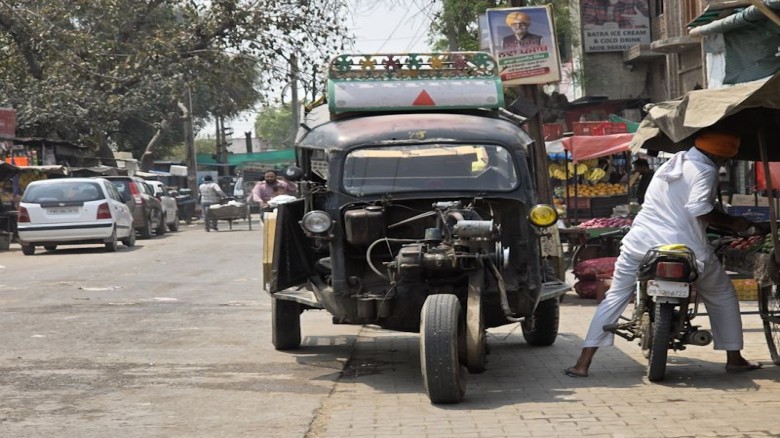

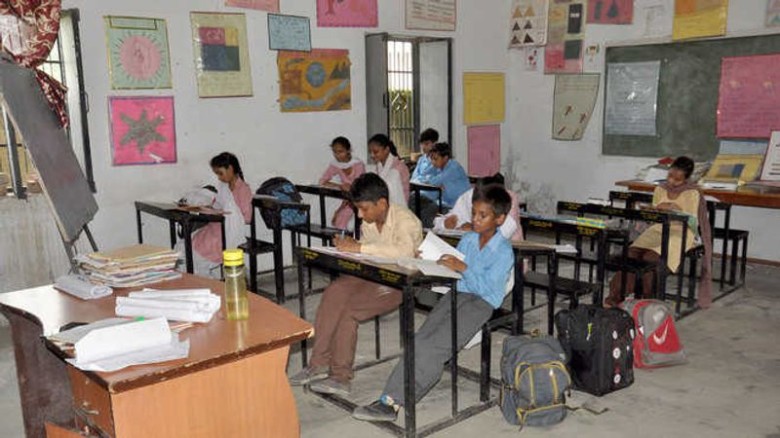
















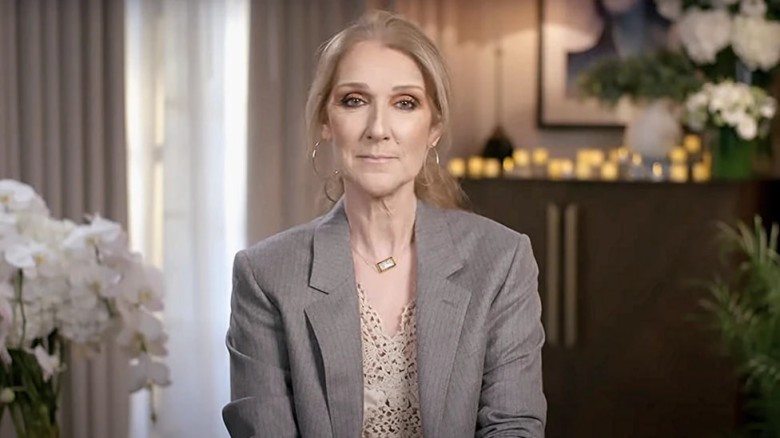




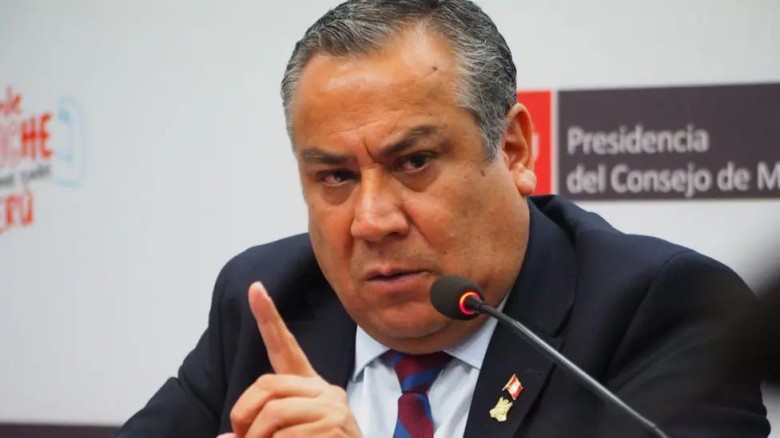

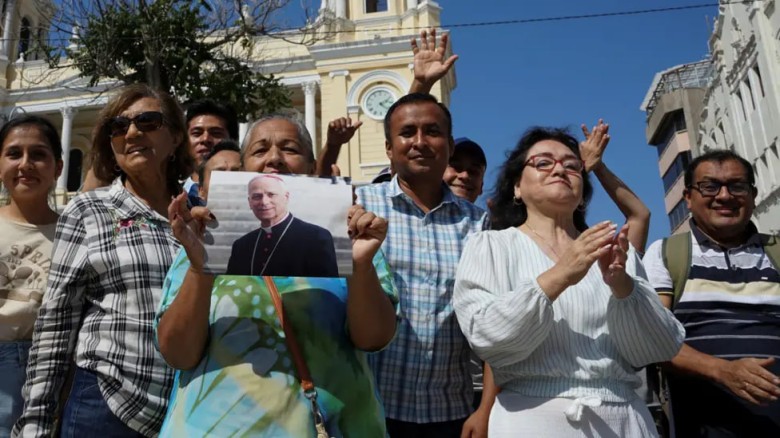











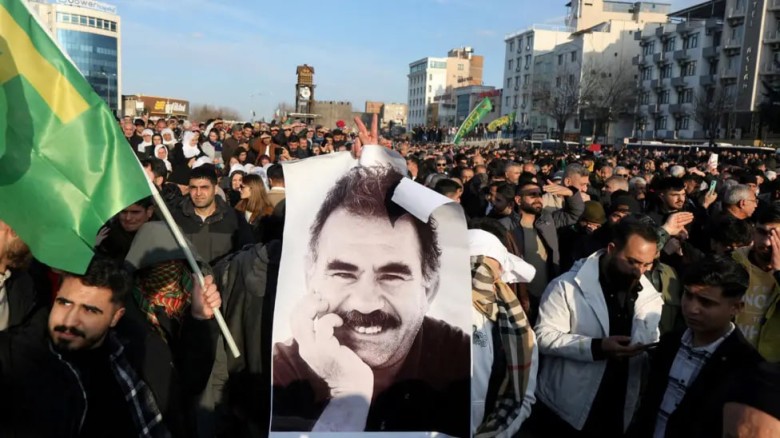
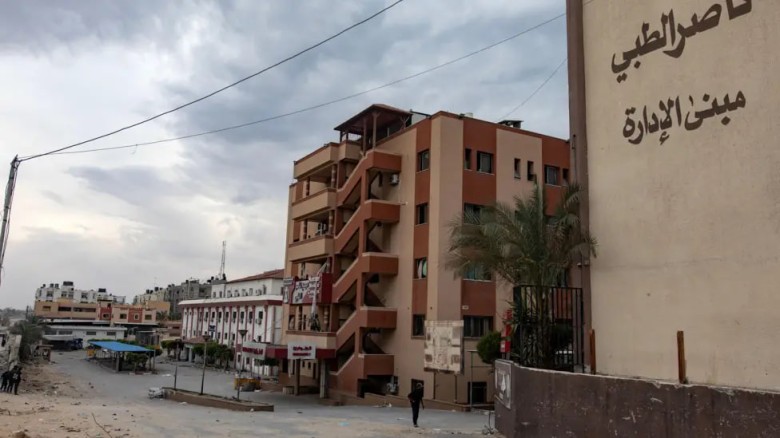







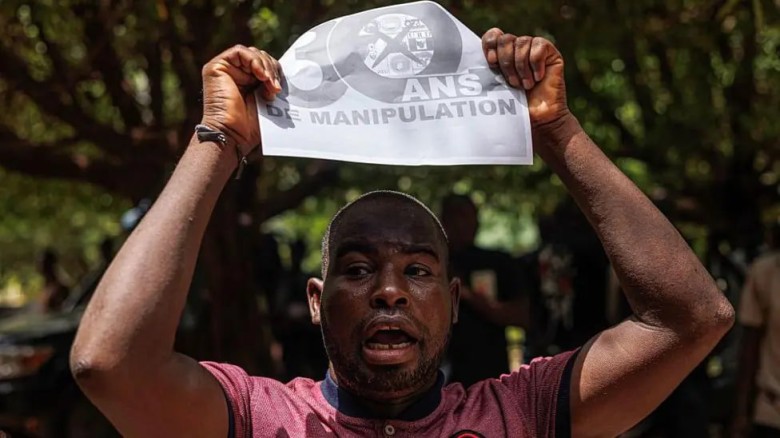
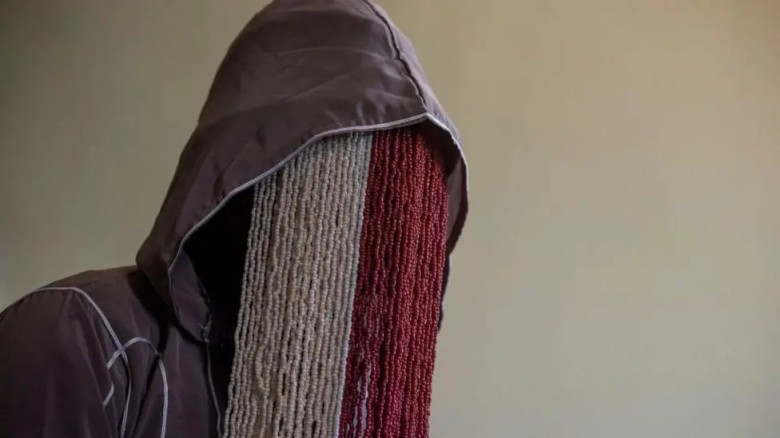



















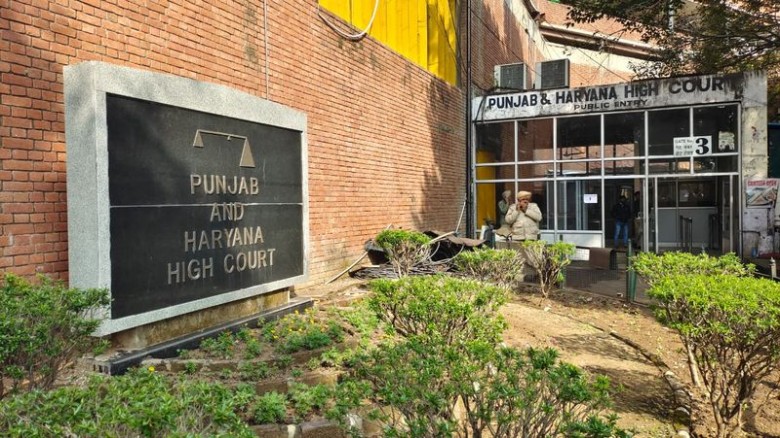


Leave A Comment